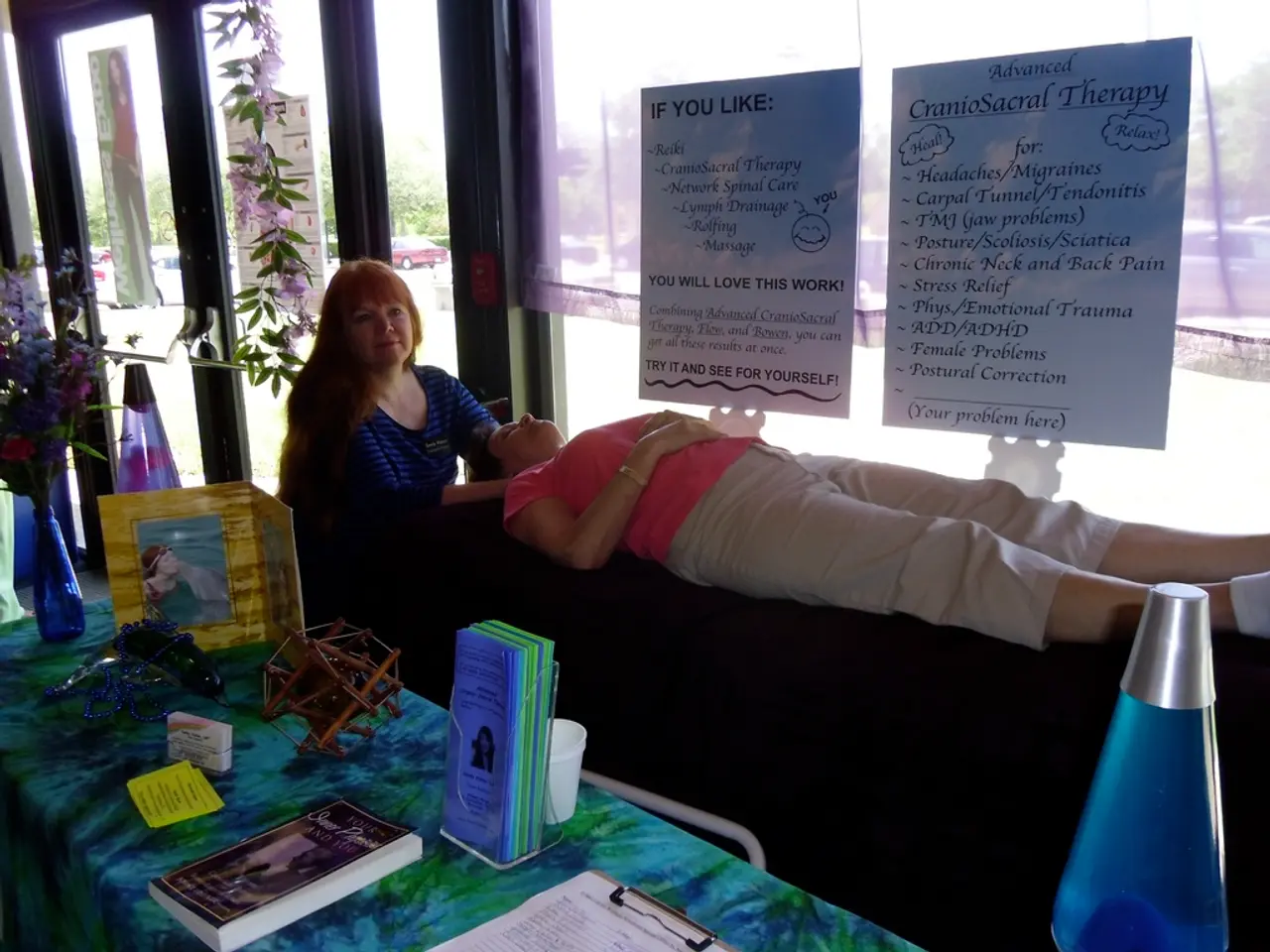Dealing with Suicide Loss: Strategies for Moving Forward
In the face of a devastating loss, finding help and healing can be a daunting task. Our website is here to connect you with licensed online therapists specializing in grief and loss, providing a safe and accessible space to process your emotions.
Research shows that losing someone to suicide can lead to feelings of shame, blame, and judgment. It's essential to remember that these emotions are normal and valid. Letting loved ones know that they are not alone in their feelings can provide a sense of comfort and understanding.
Healing from suicide loss is an ongoing process, and it's important to take care of yourself during this time. Self-care is crucial in learning how to cope, focusing on rest, nourishment, and gentle movement. Simple ways to practice self-care include eating, sleeping, and showering.
Seeking support from people who understand suicide loss is vital. This can include suicide bereavement support groups or others who have experienced similar losses. Working with a therapist or grief counselor, especially one trained in suicide bereavement and trauma-informed care, can provide you with tools to heal and teach healthy coping skills.
Practicing mindfulness and self-care, including grounding exercises, paced breathing, meditation, and allowing space to feel emotions fully, can support staying present and managing overwhelming feelings. Expressing feelings through tangible or creative outlets, such as journaling, art, or volunteering related to the loss, can help process grief even when talking is difficult.
Honoring the memory of the loved one by sharing stories or memories with trusted individuals can foster connection and healing. Maintaining routines and engaging in hobbies or social activities can provide comfort, a sense of normalcy, and gradual emotional recovery.
Avoiding unhealthy coping mechanisms, such as substance use or self-isolation, and reaching out for professional help if grief feels overwhelming is crucial. Healing from complicated grief can happen, but you might need to seek counseling or therapy to get there.
Talking about the deceased and their death can help in processing the reality of the loss. There's no right or wrong way to create a tribute or ritual to honor someone's life, as long as it feels meaningful to the mourner. Participants of peer support groups for suicide bereavement report reduced grief and significant improvement in overall well-being.
Our website provides the most up-to-date, valuable, and objective information on mental health-related topics, grounded in scientific research and evidence-based practices. Support and help are available for those grieving after suicide, and healing is possible with the right resources and support.
Connecting with licensed online therapists who specialize in grief and loss, as found on our health-and-wellness website, can supplement scientific knowledge about mental health and provide a safe space to heal from the distress of a suicide loss. By seeking support from peers in a suicide bereavement group, engaging in mindfulness practices, and remembering the deceased through storytelling, individuals can facilitate the ongoing process of mental health recovery.




